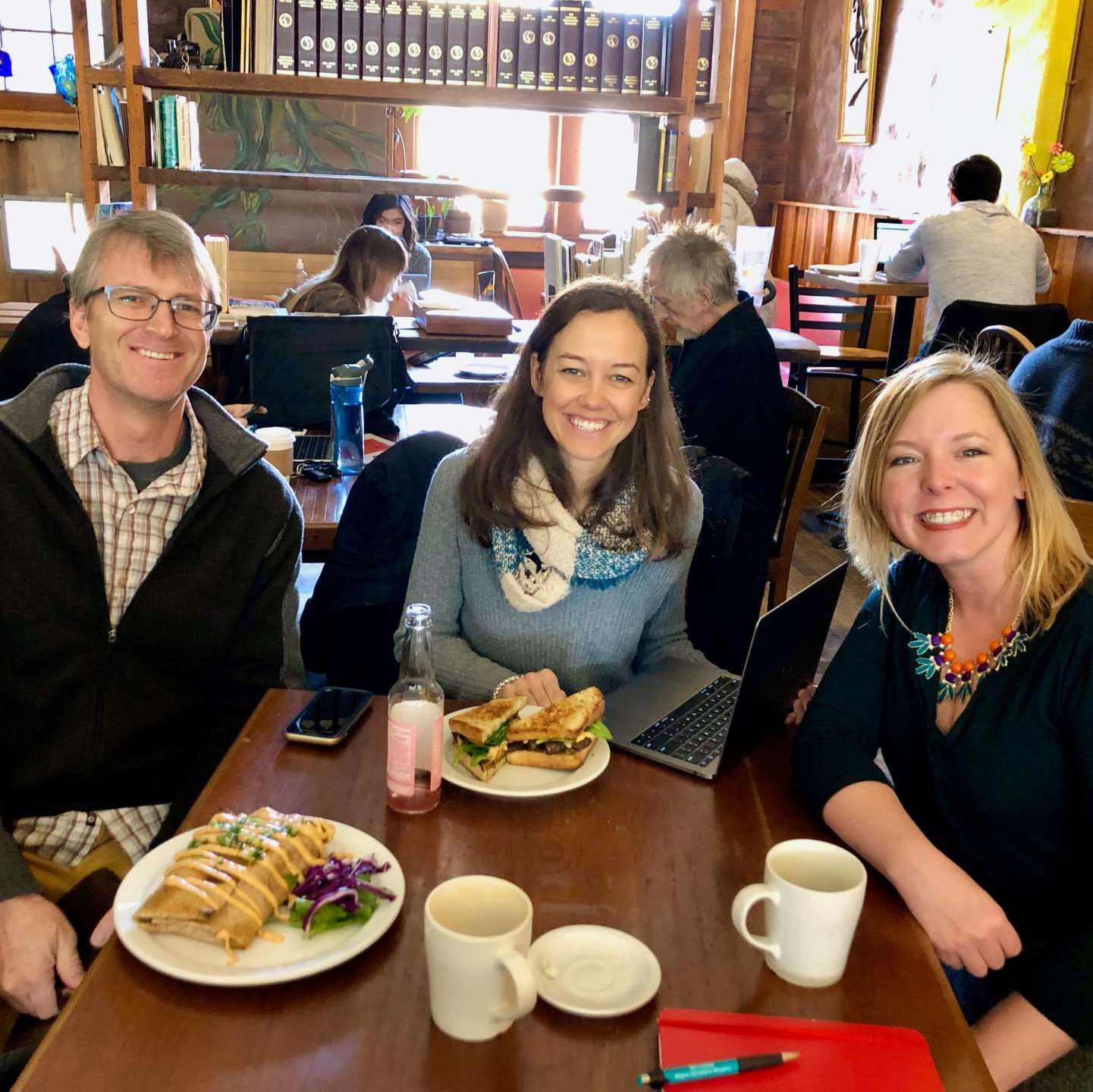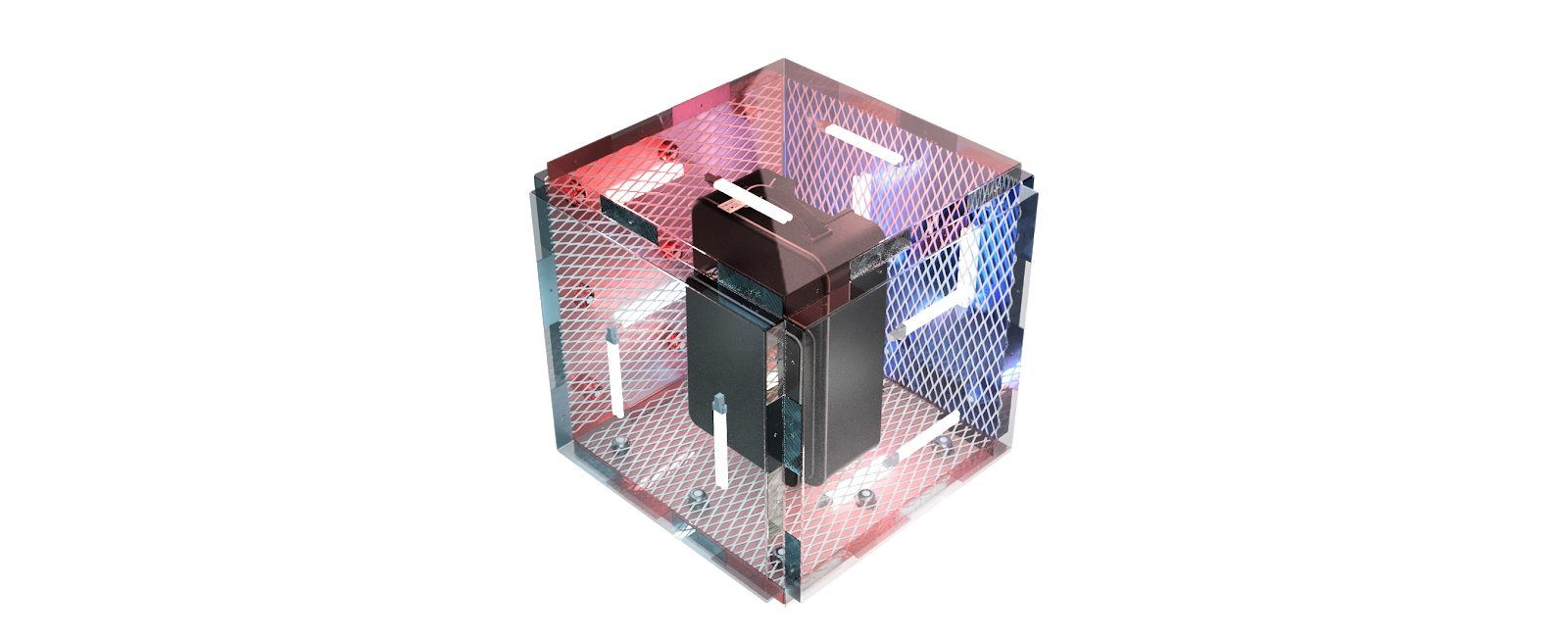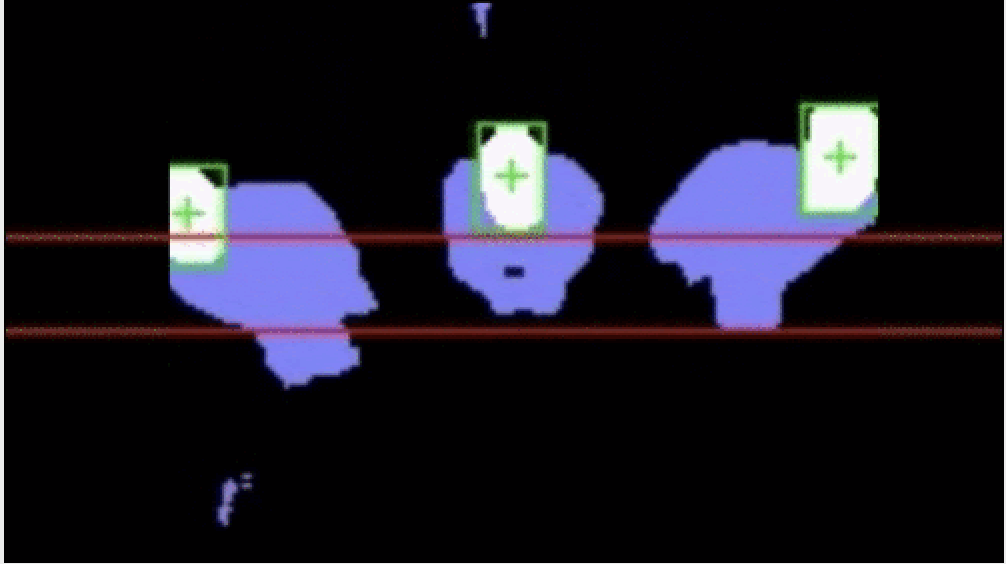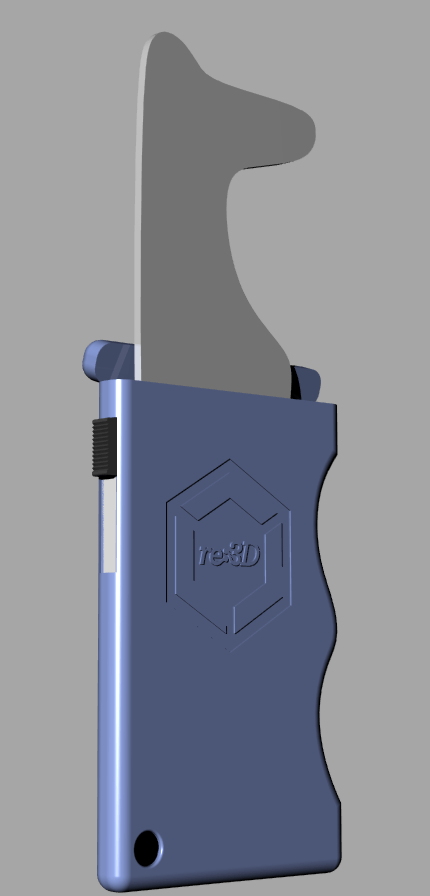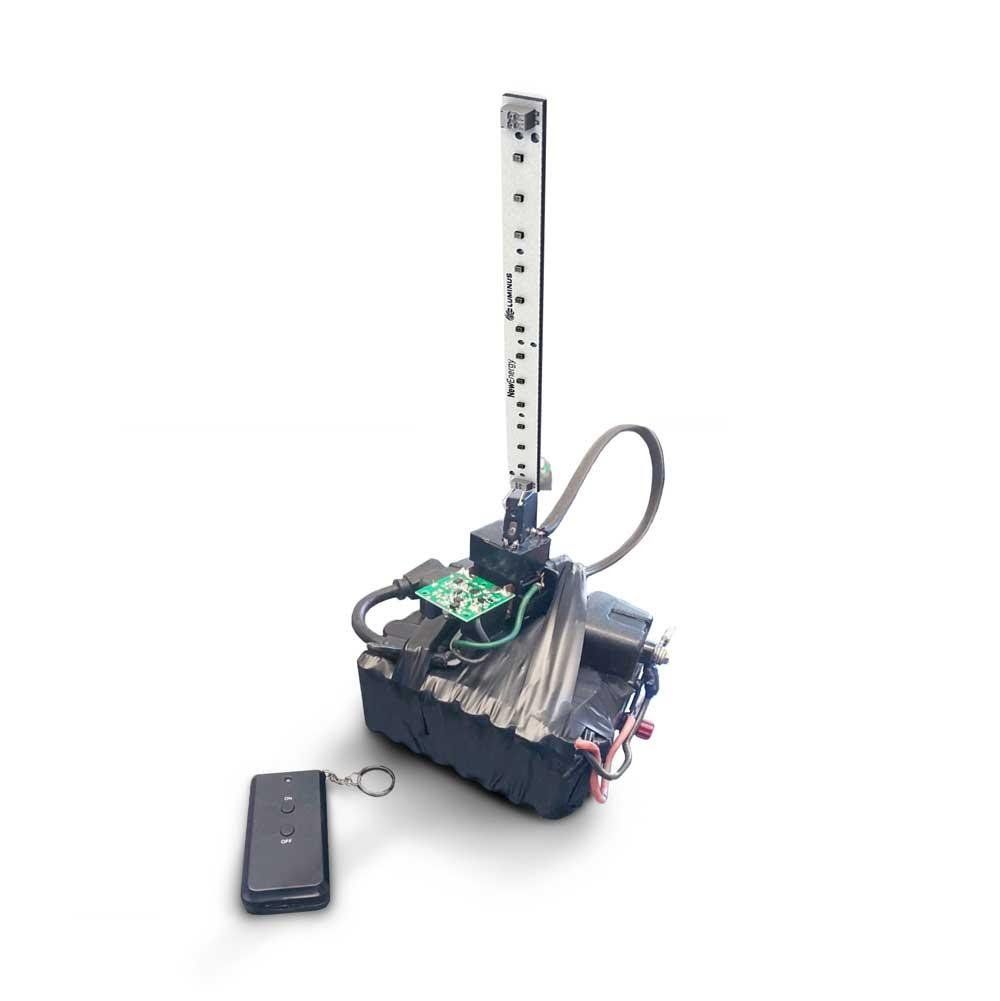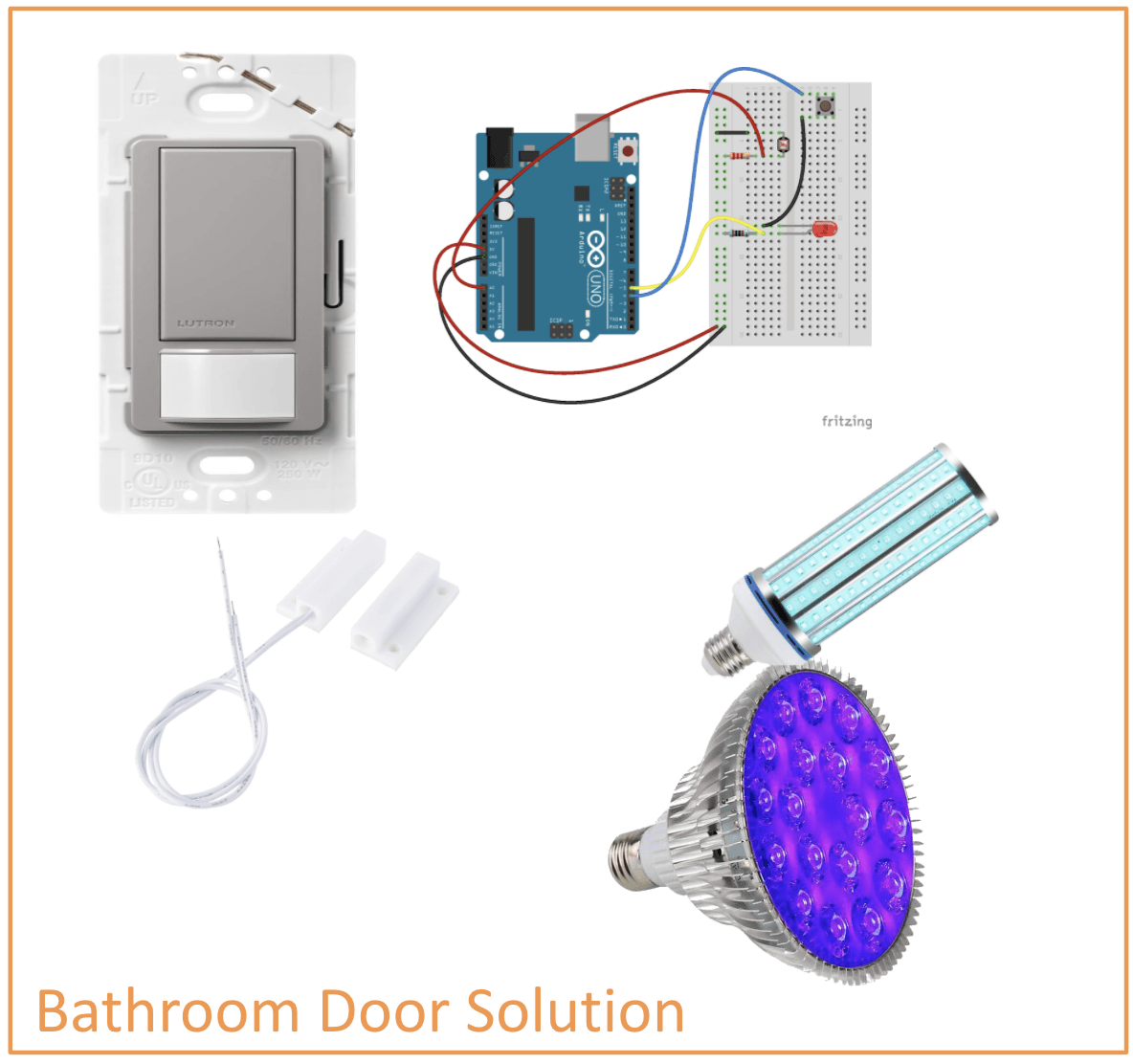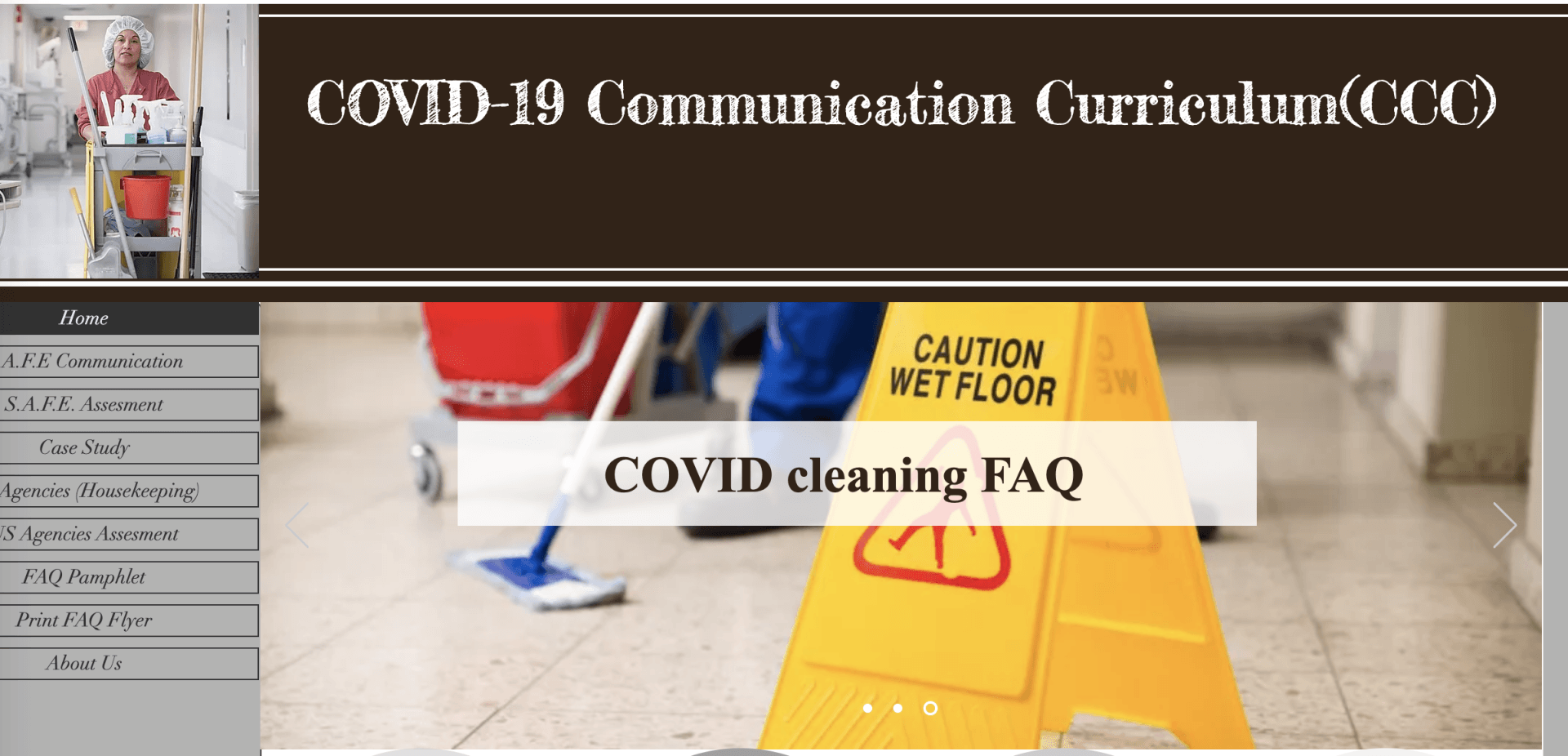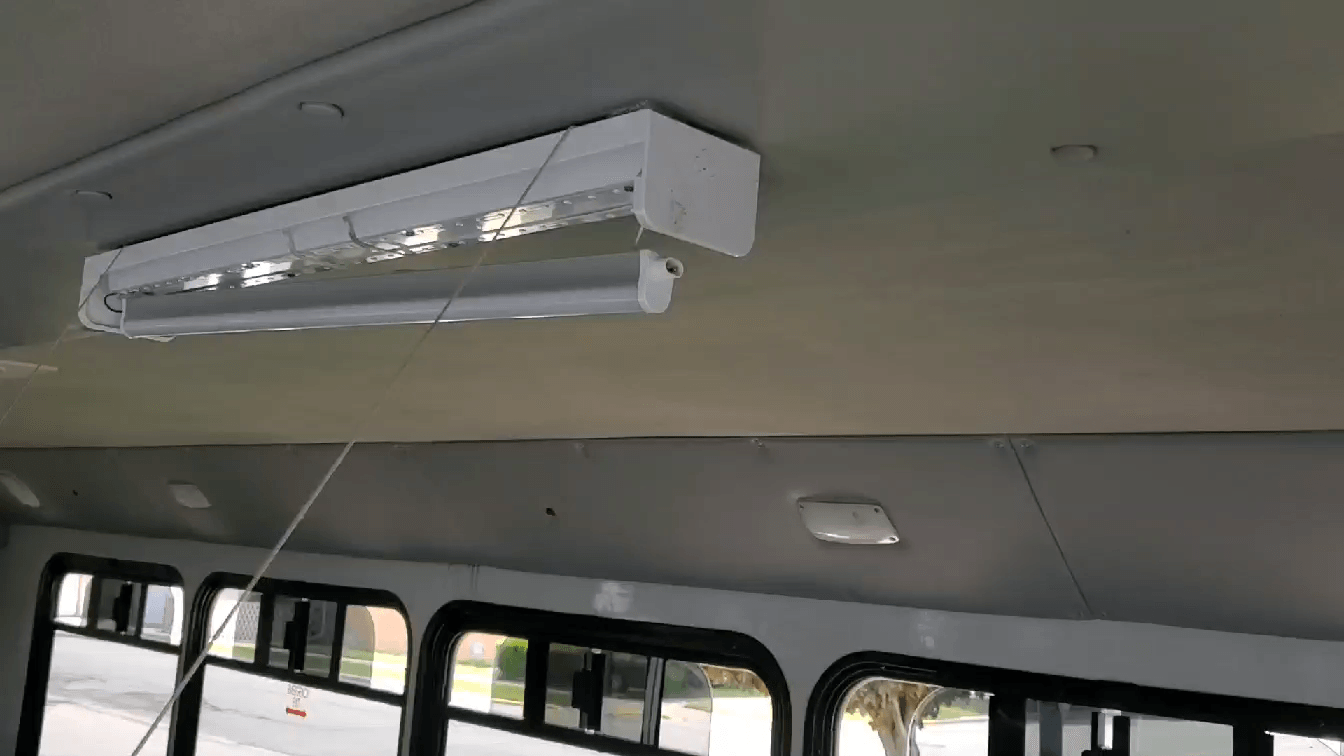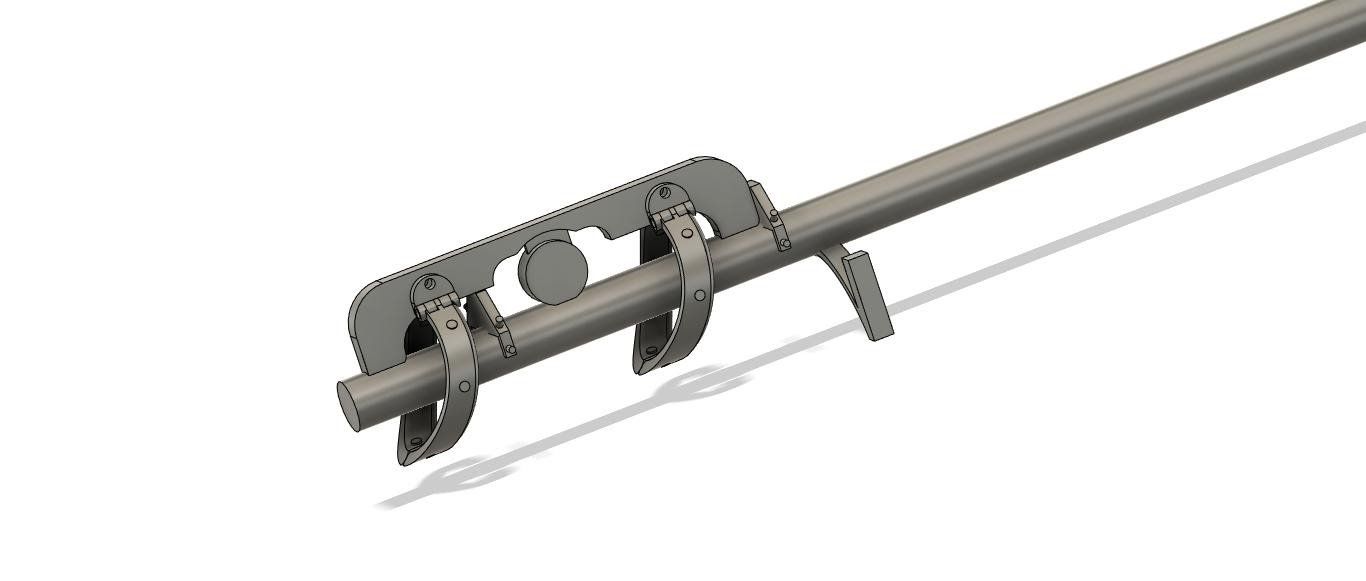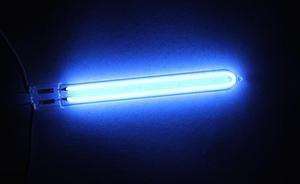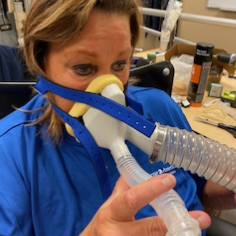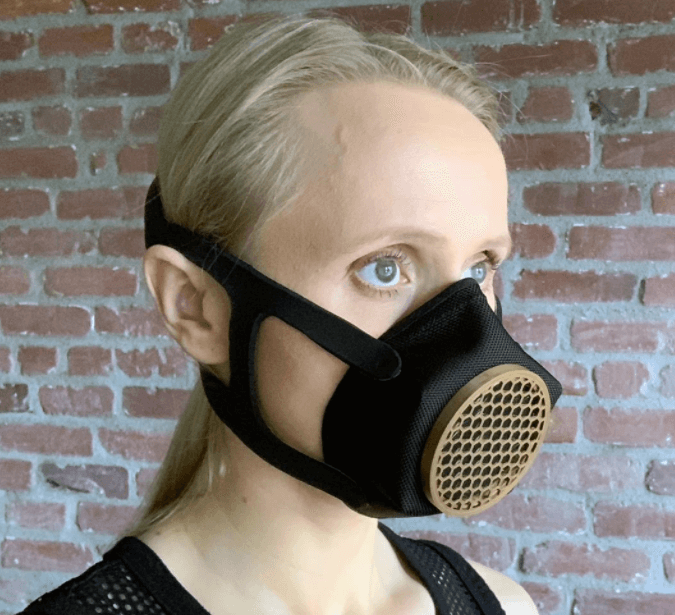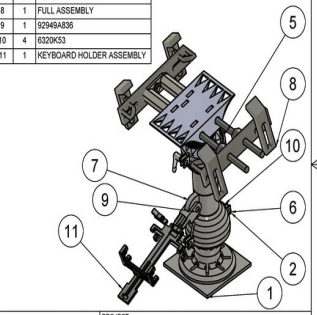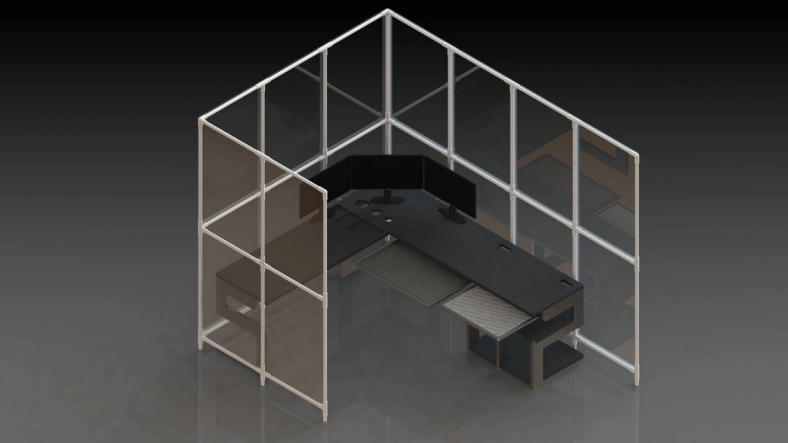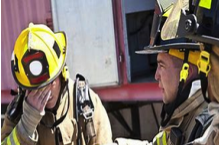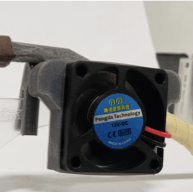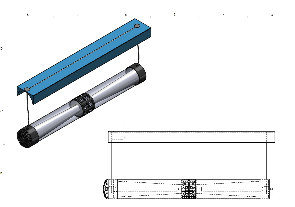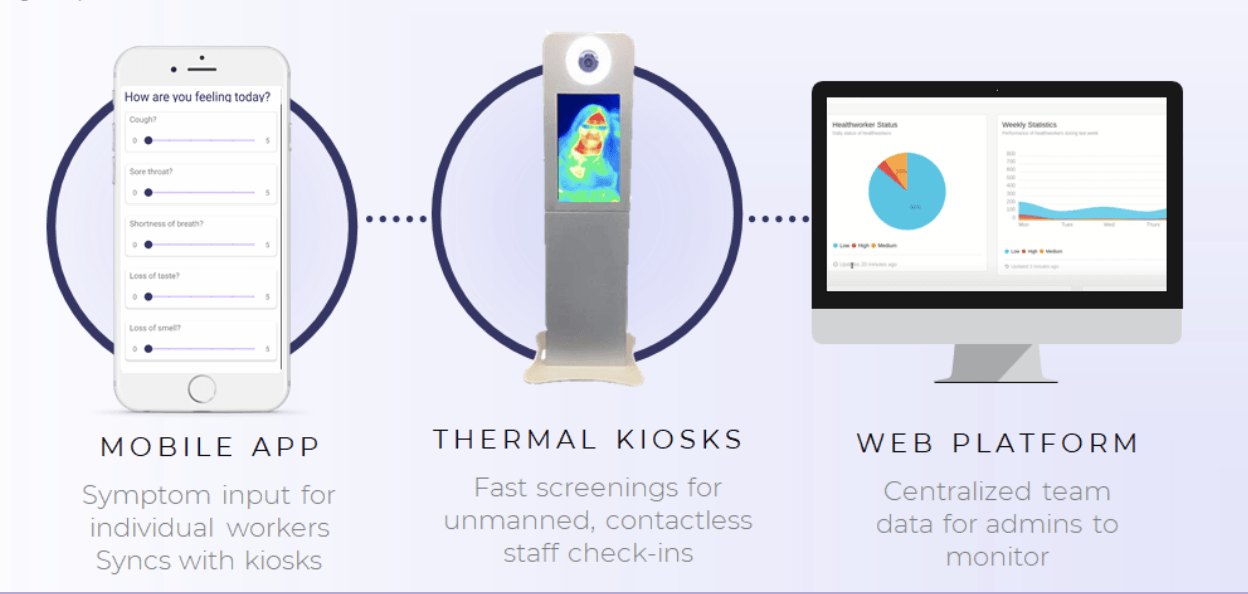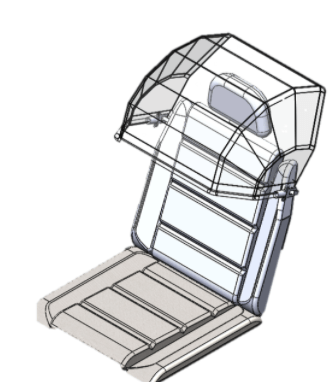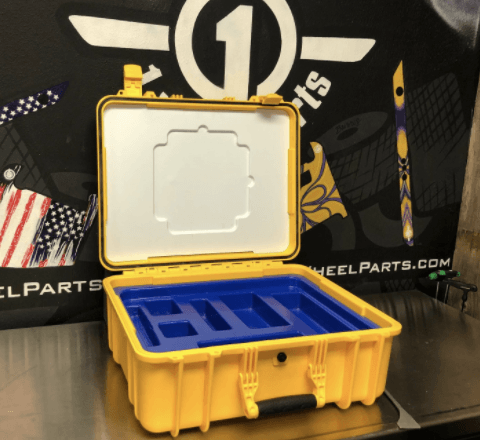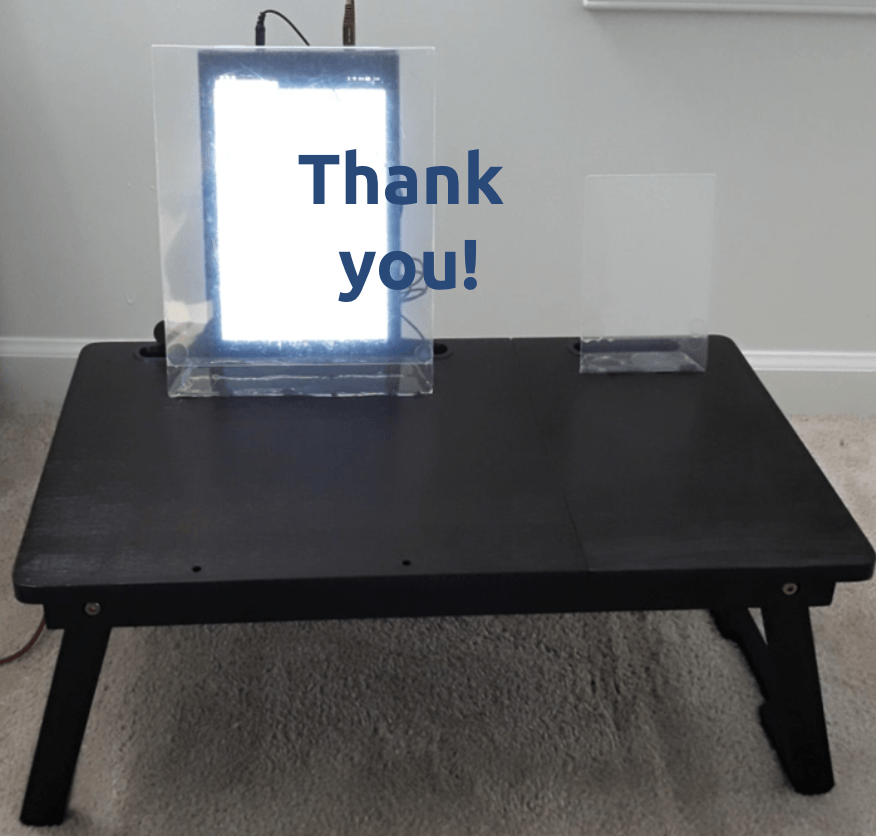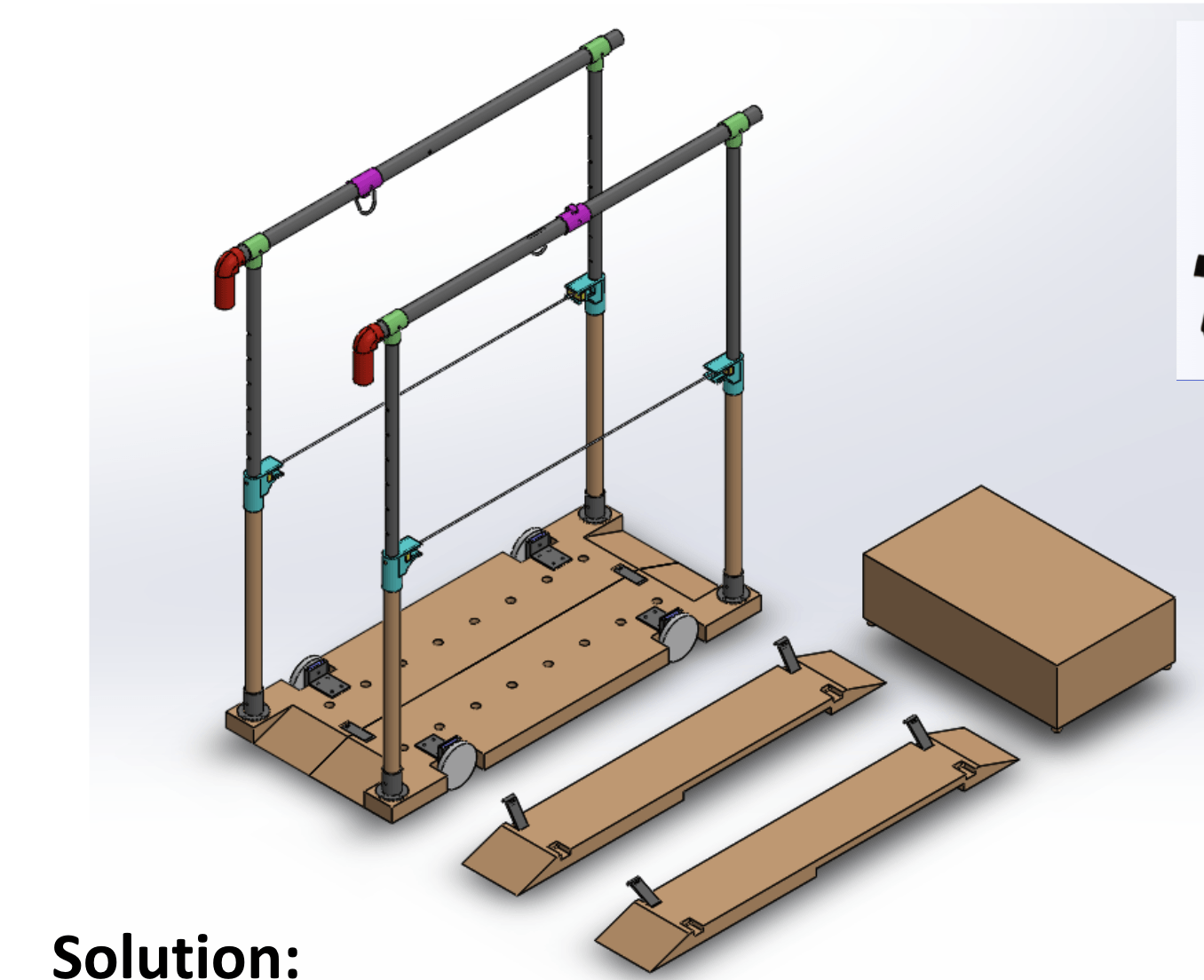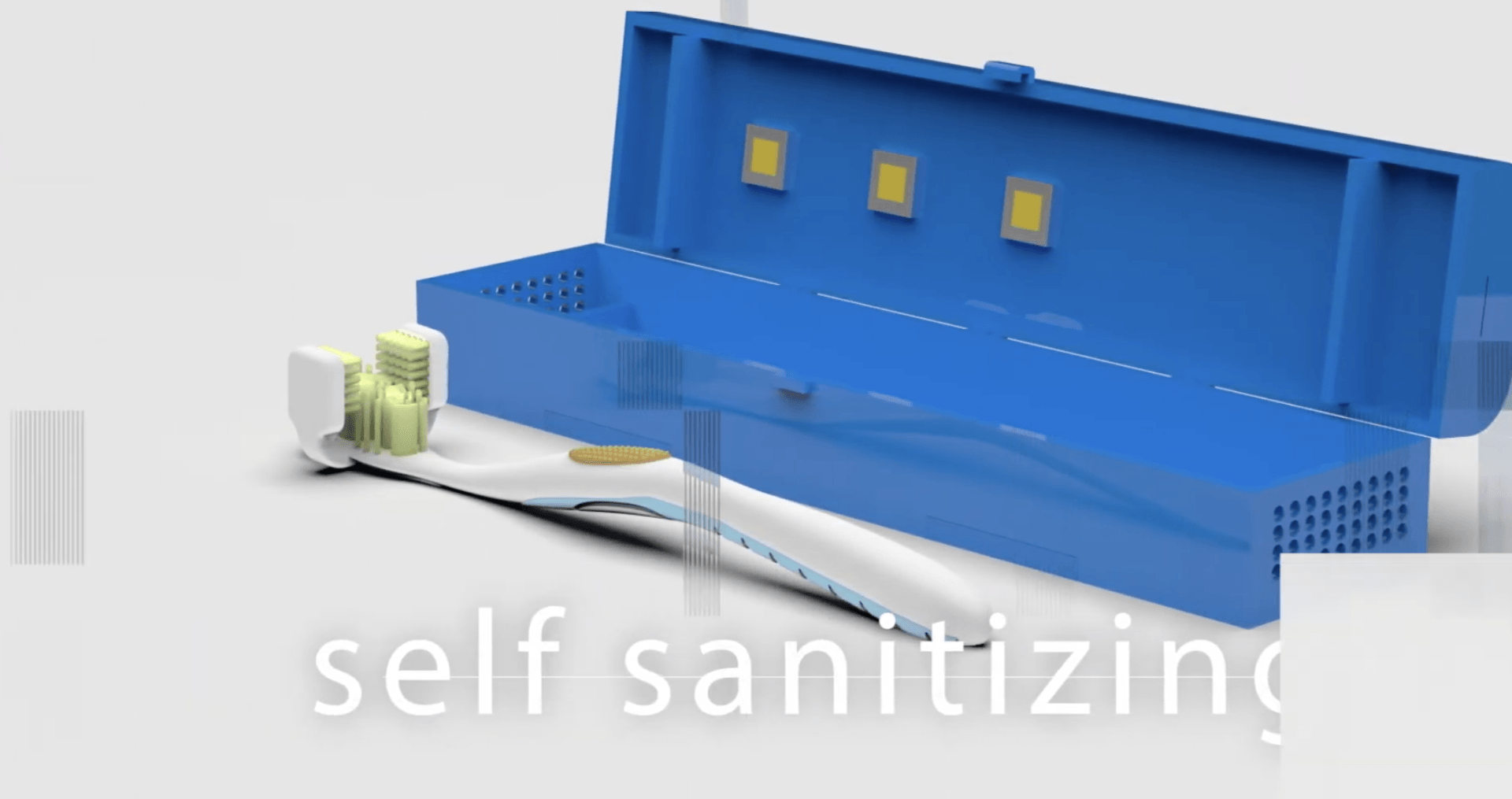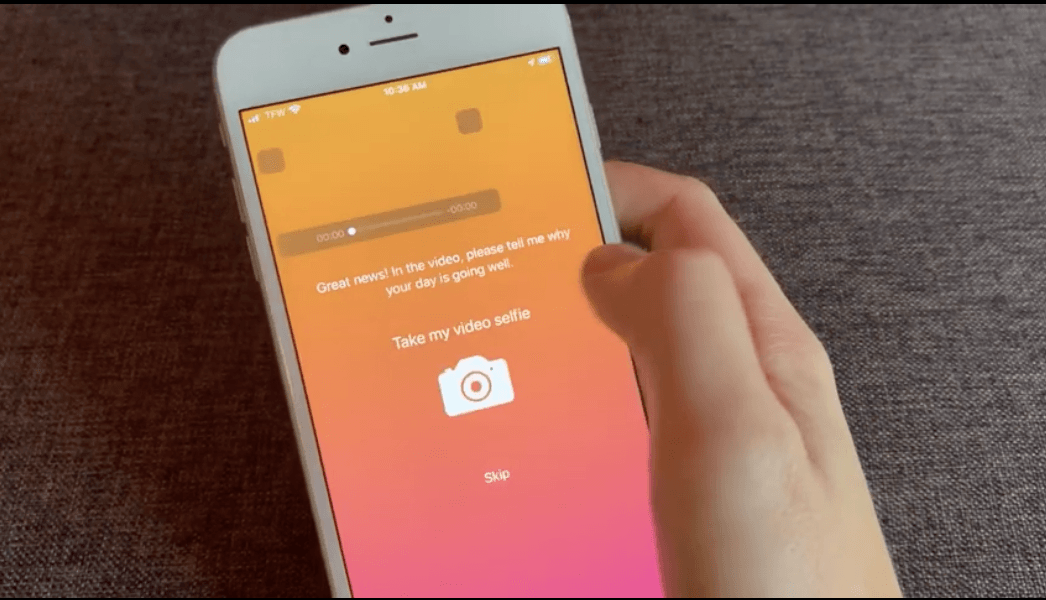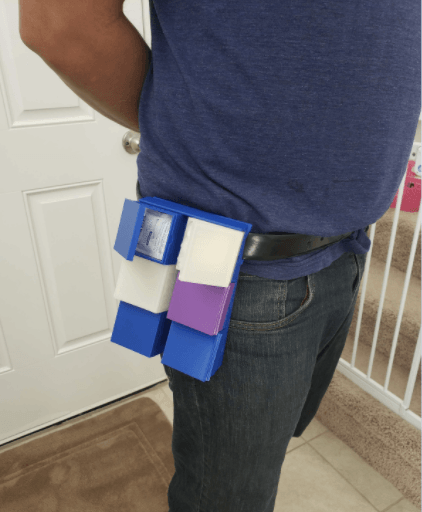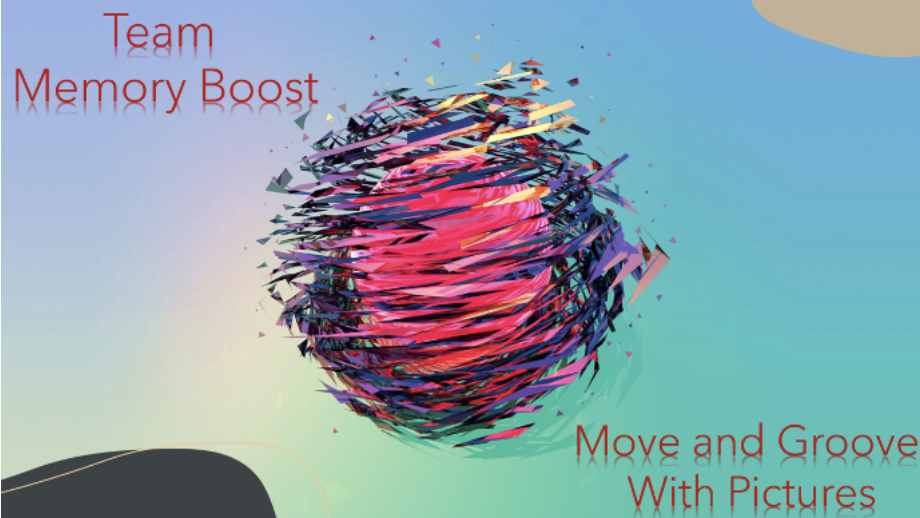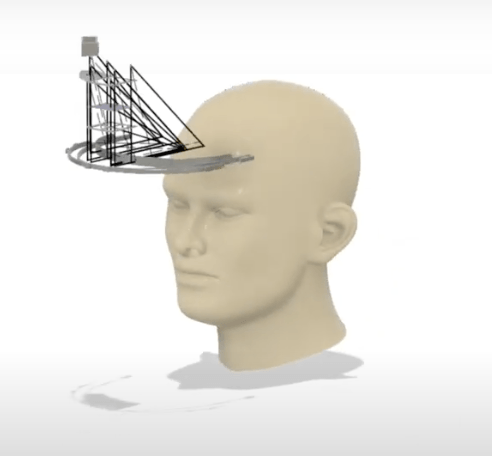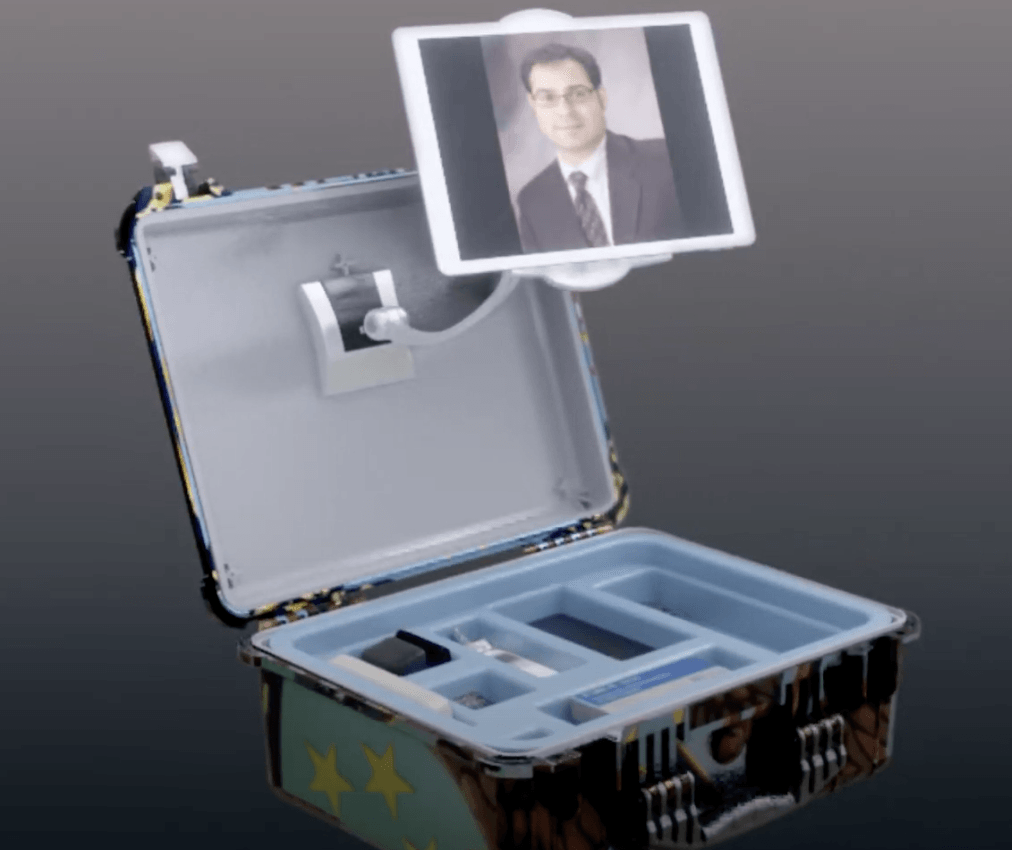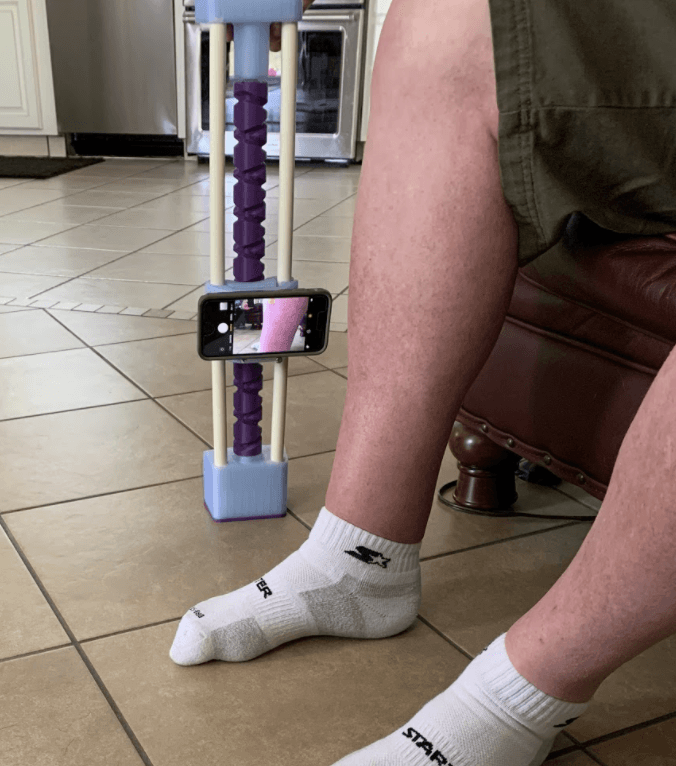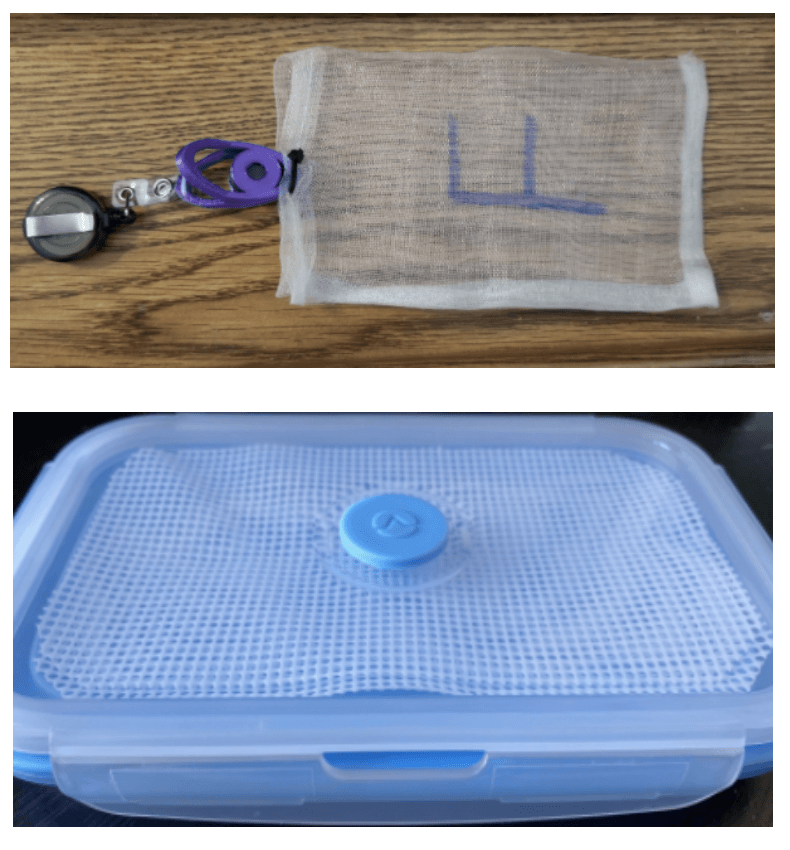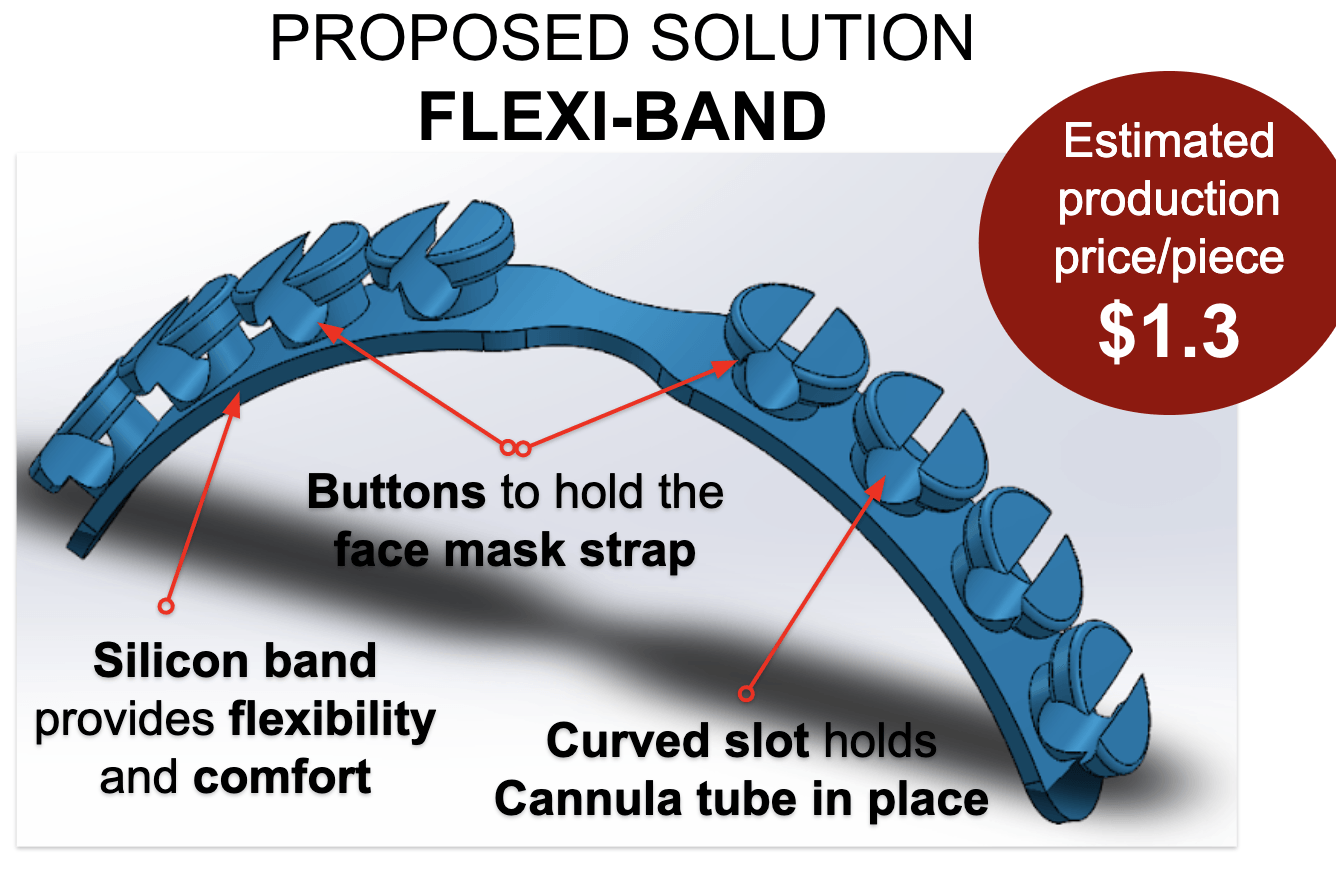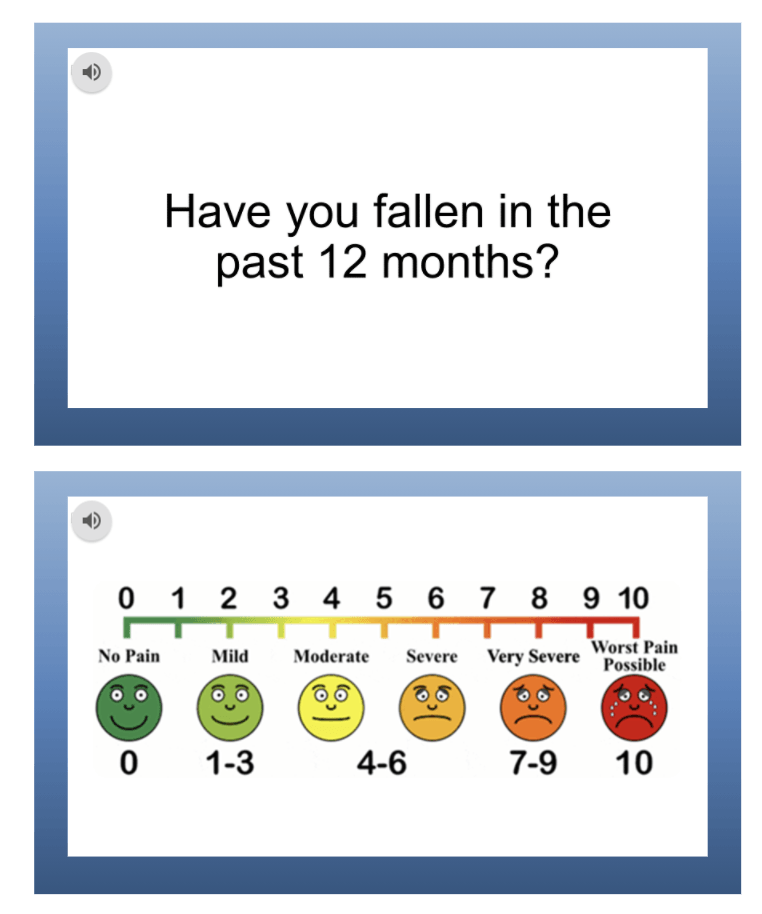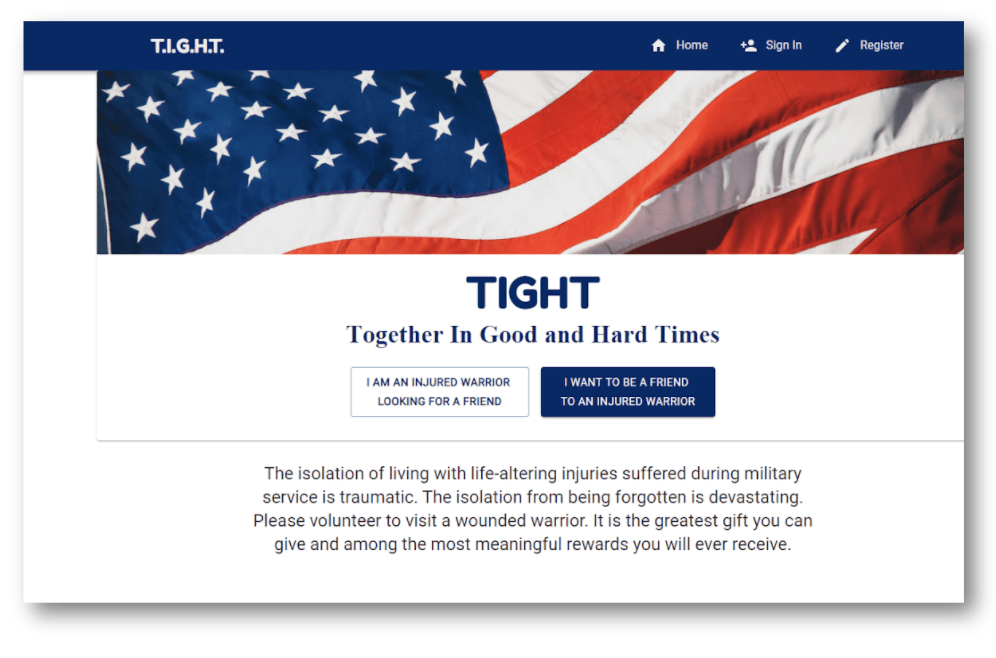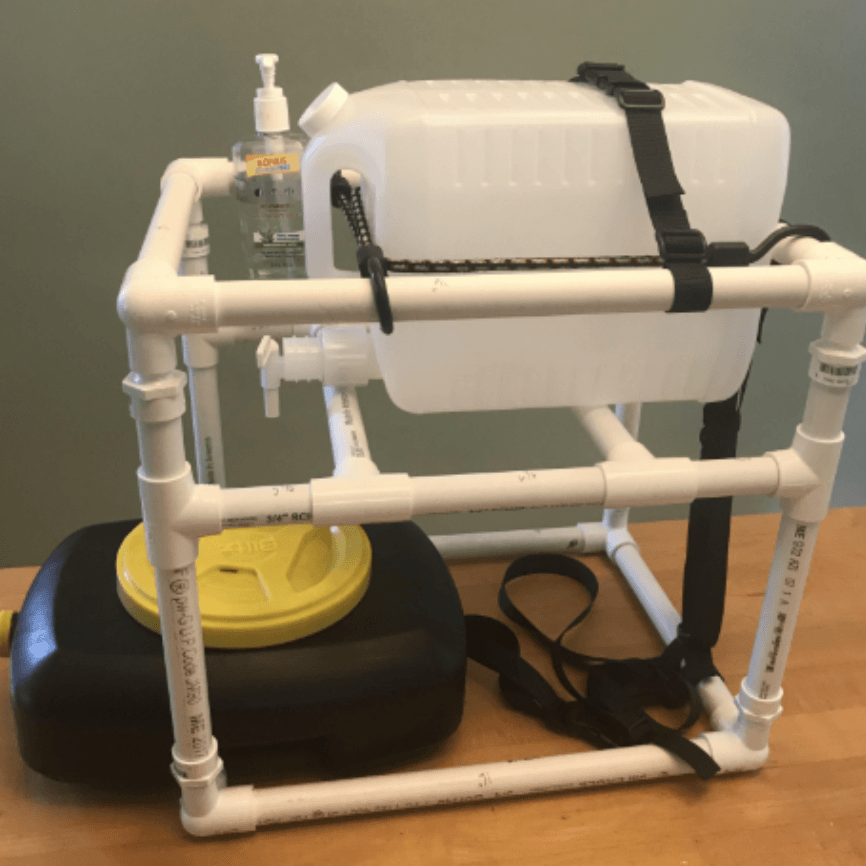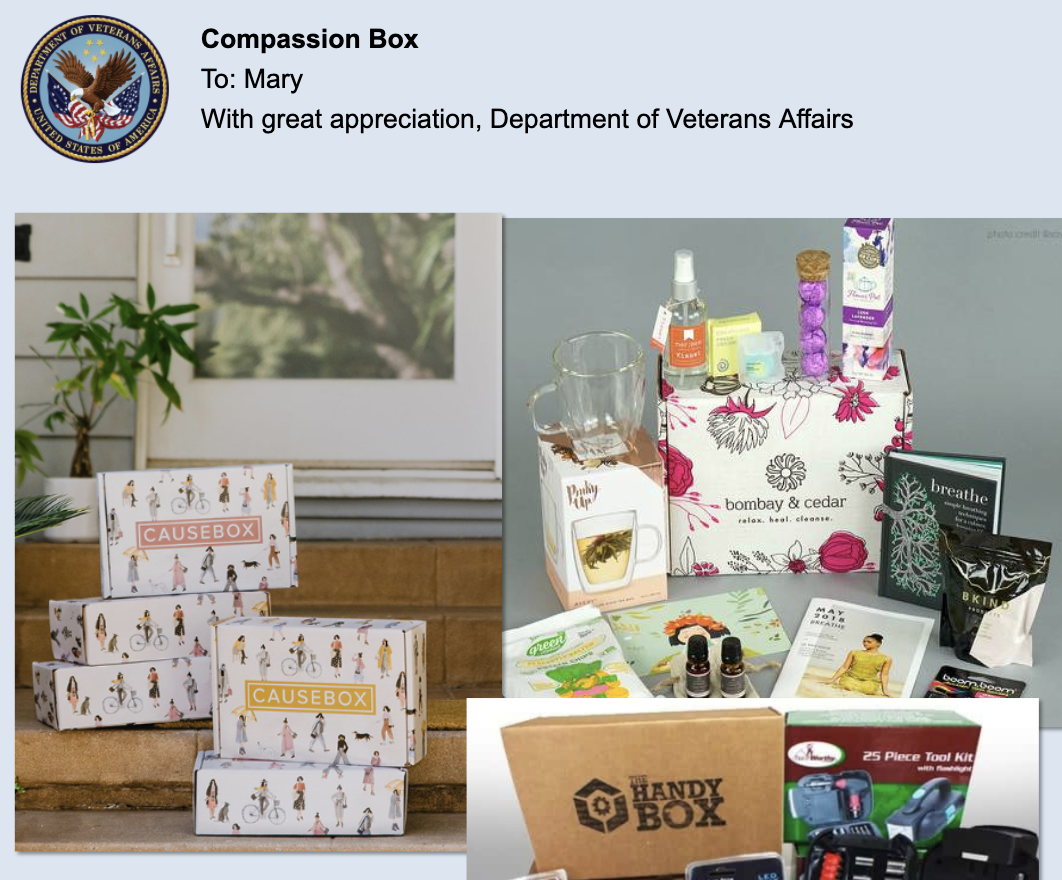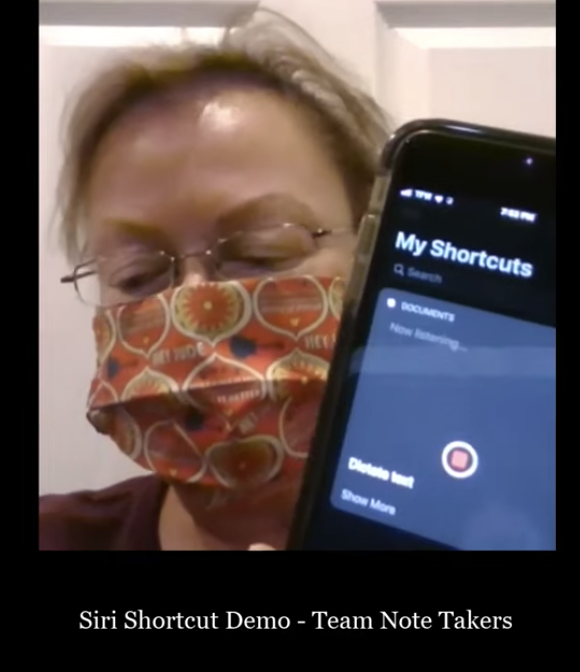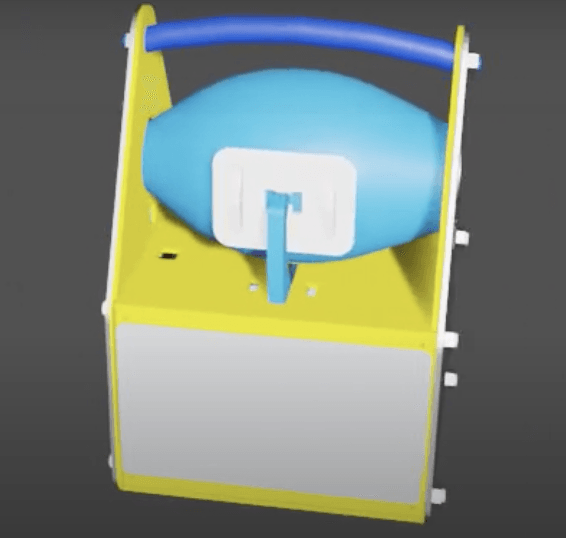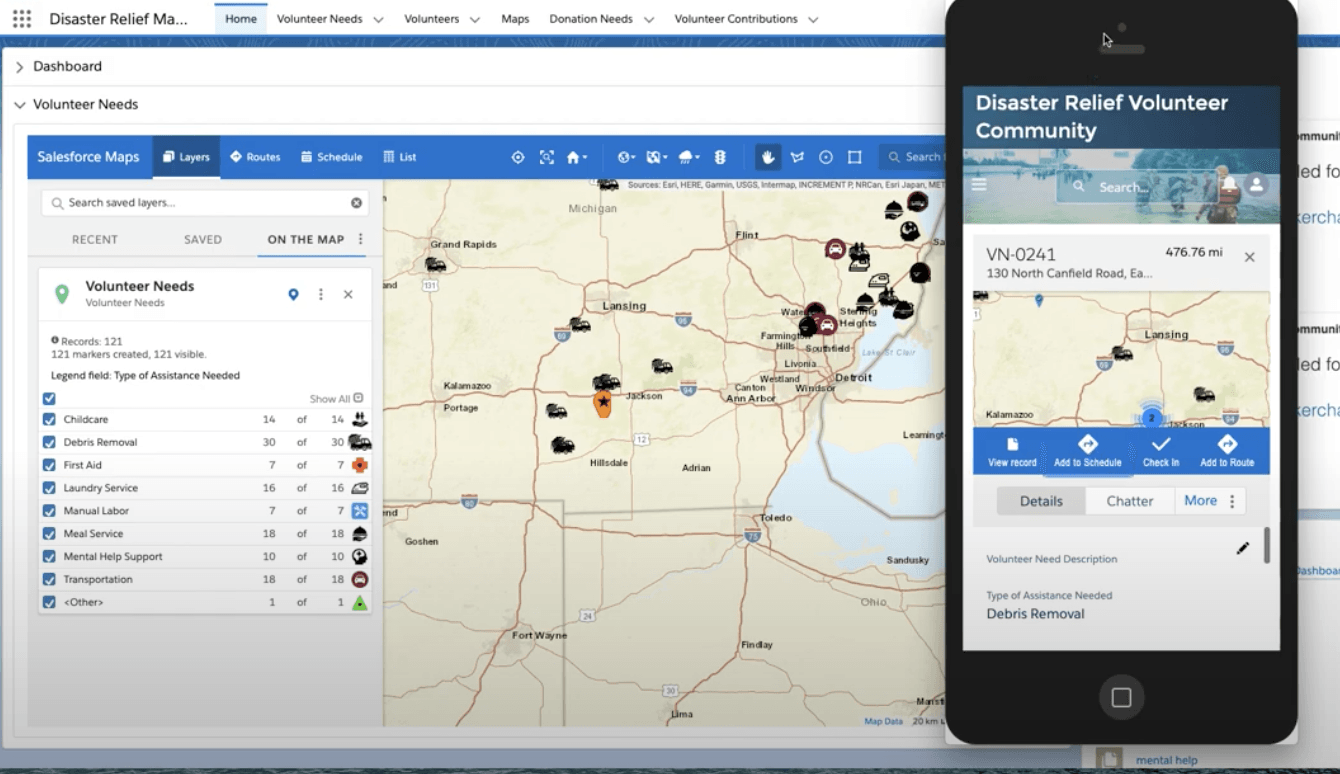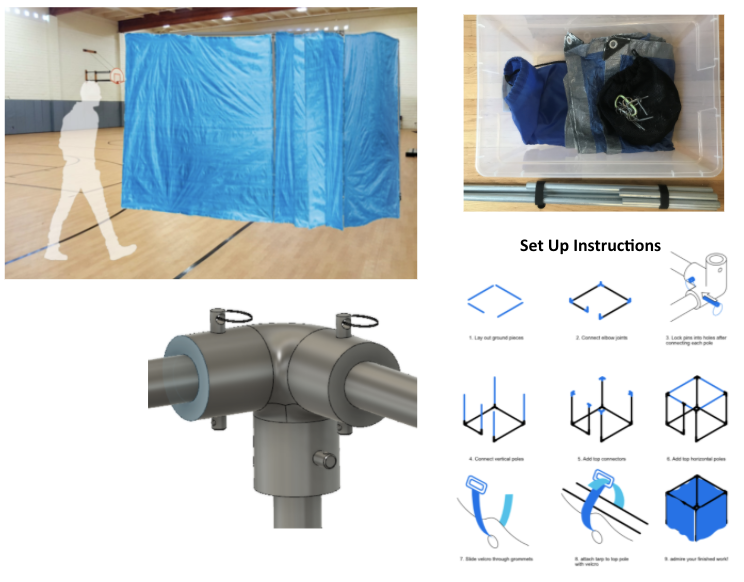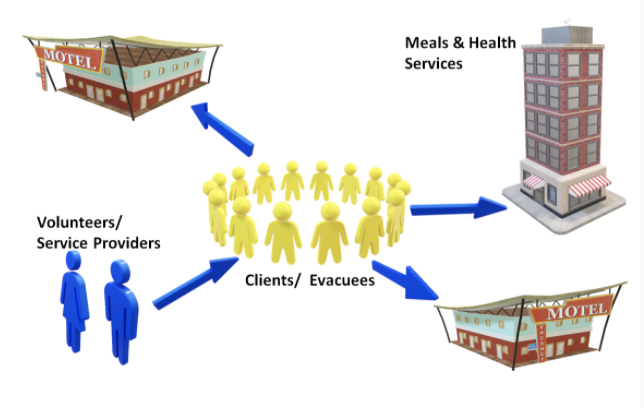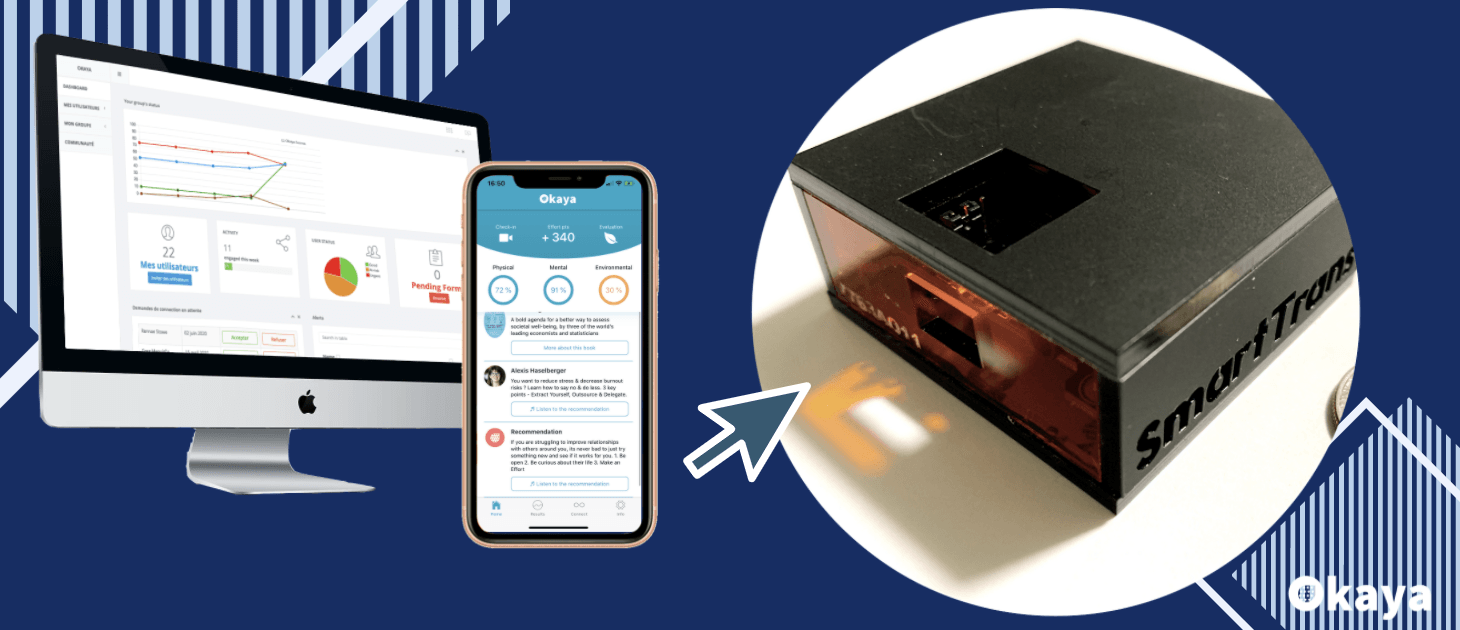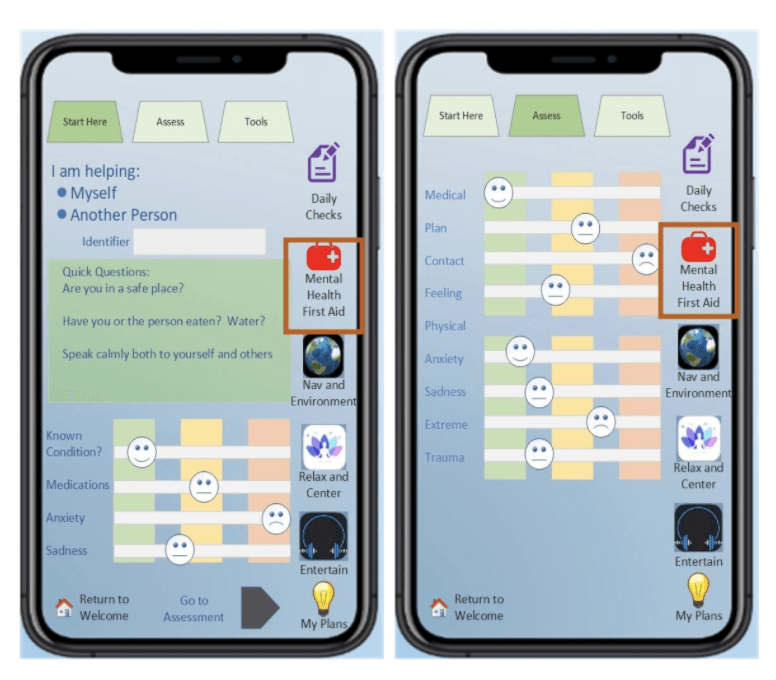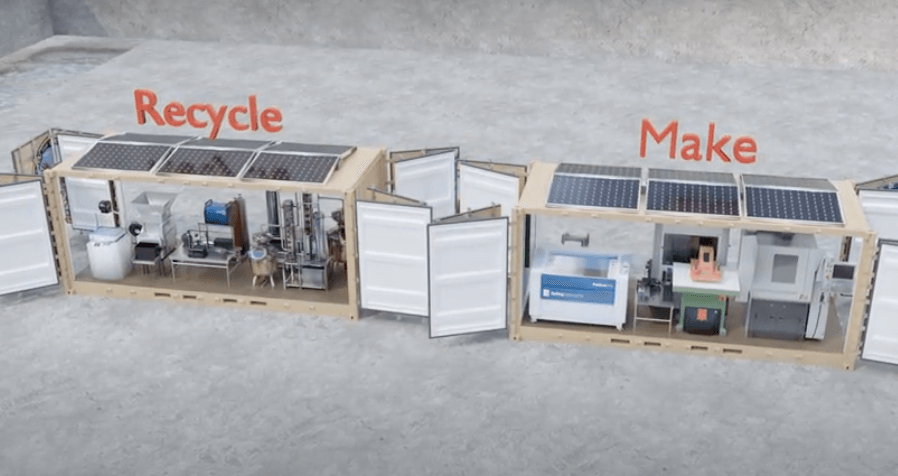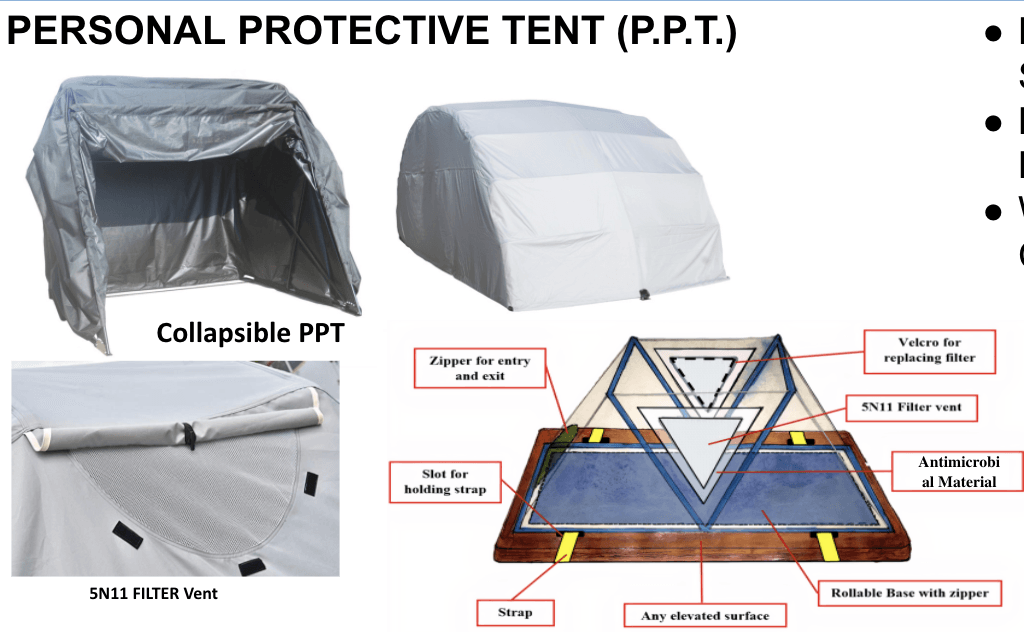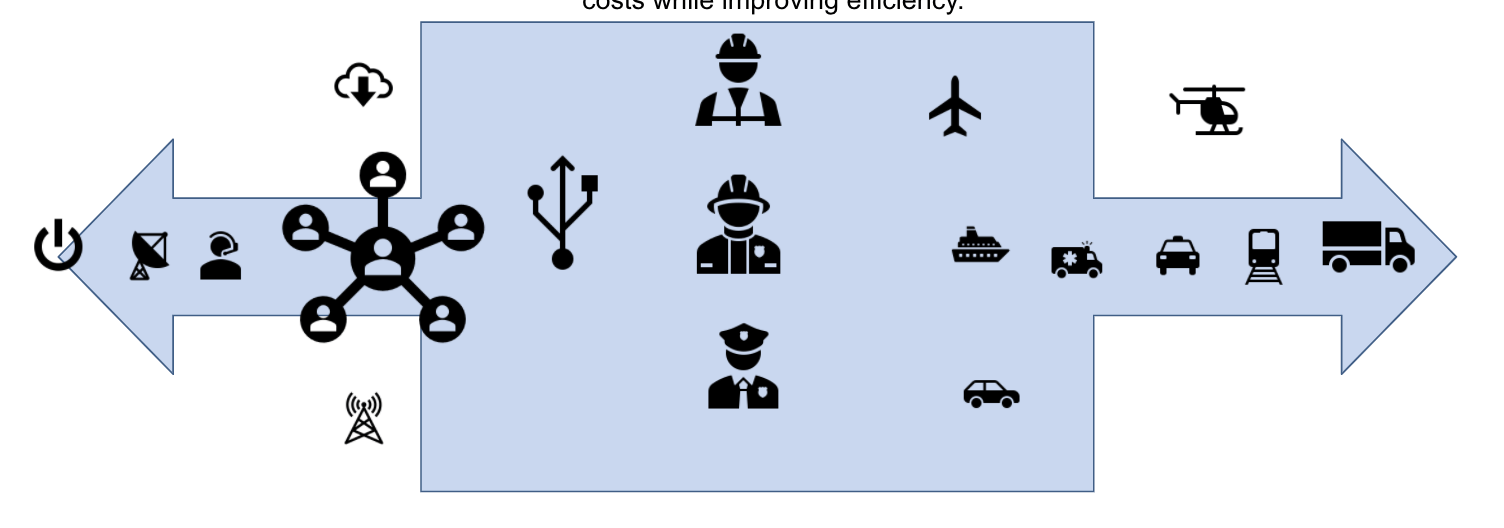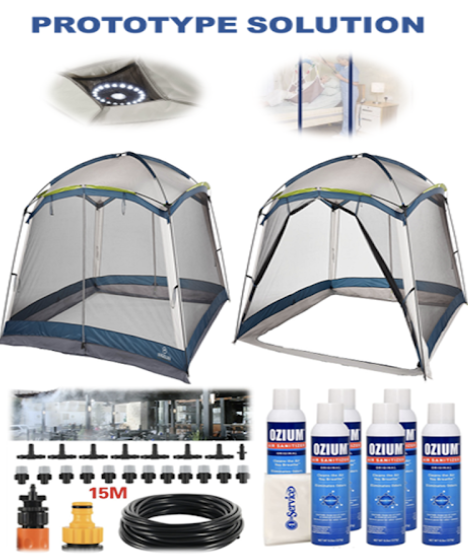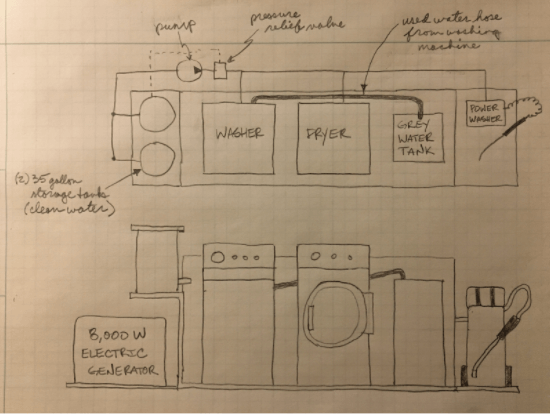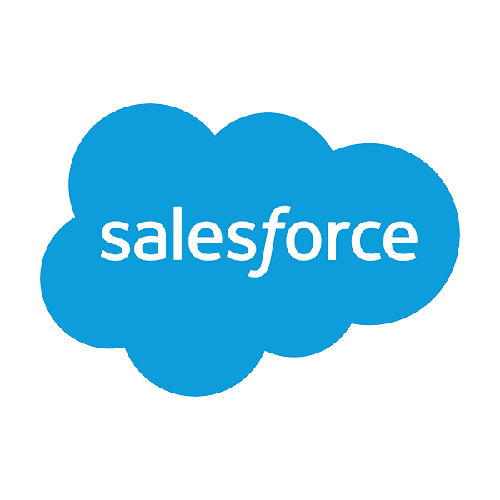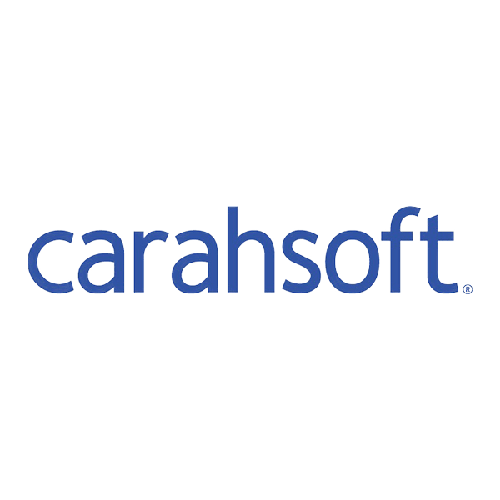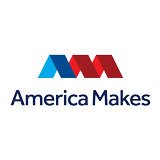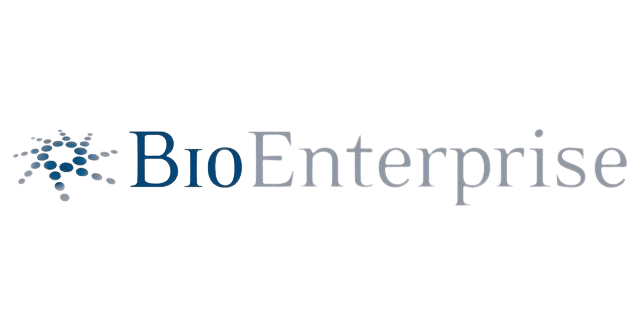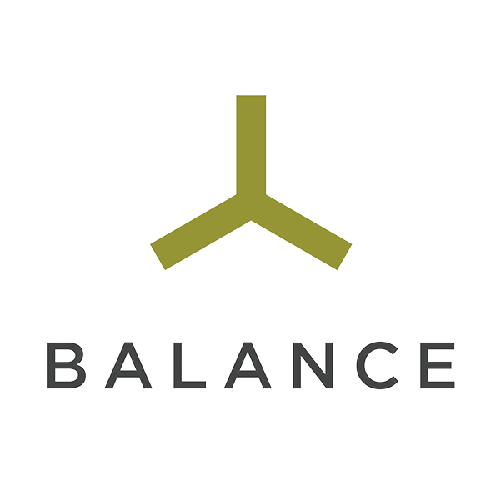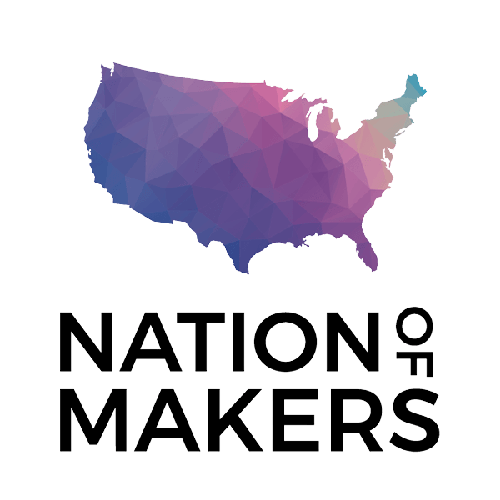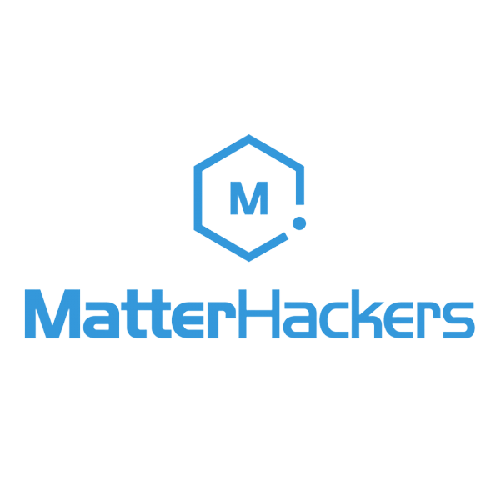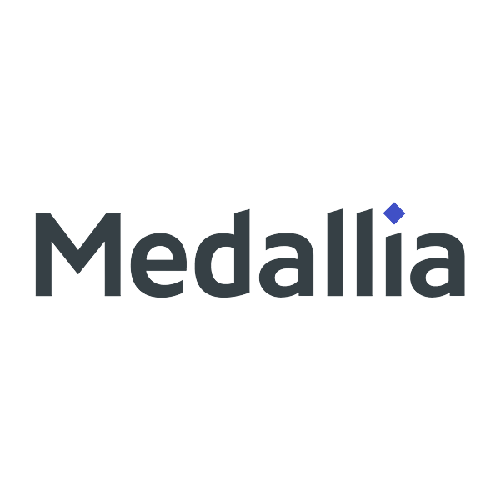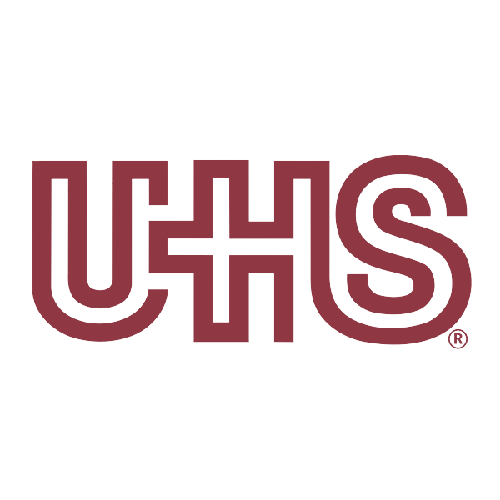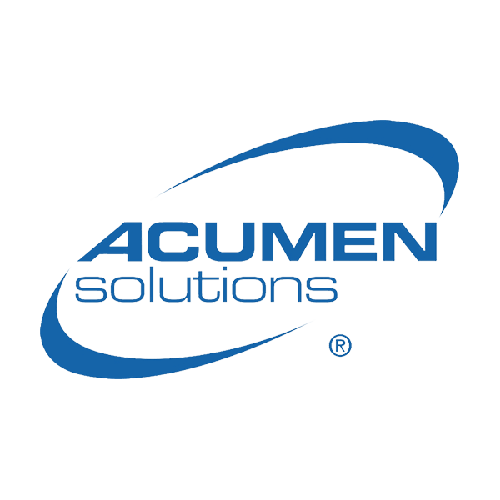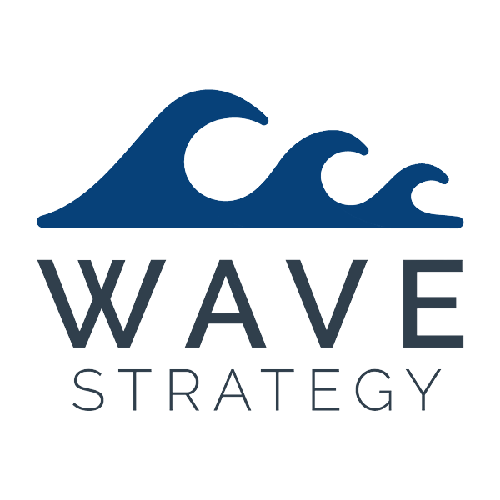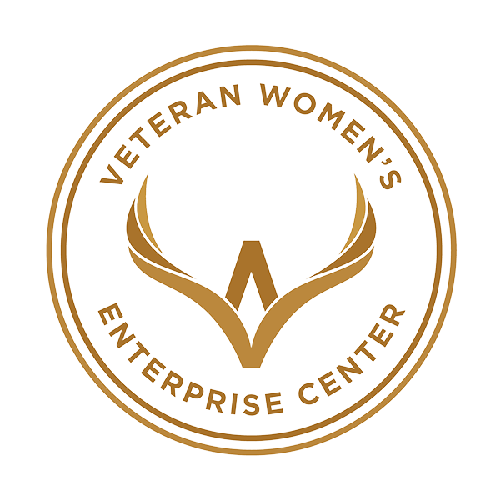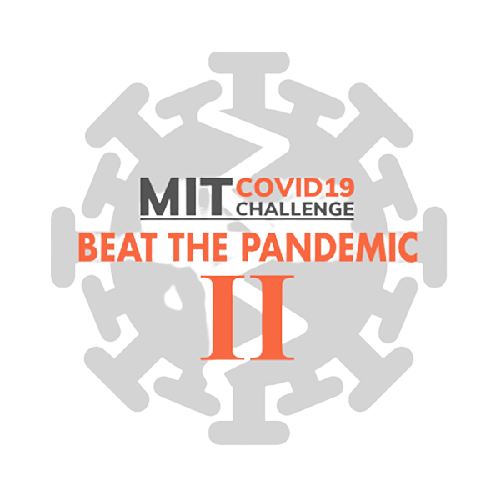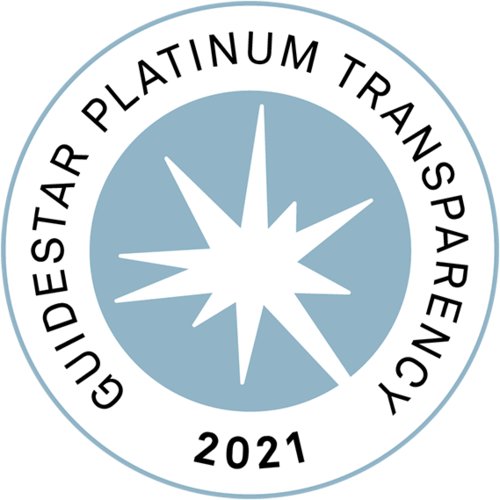About
Challenge America teamed up with the Veterans Health Administration Innovation Ecosystem to join the fight against COVID-19. We put on five Maker Challenges focused on addressing the immediate needs of different subsets of the essential workforce - first responders, custodial services, nursing home staff, caregivers, and disaster relief workers. Teams of subject matter experts worked directly with these end users to create innovative products designed to help them cope with the challenges of the pandemic.
Our Story
Over the last two years, Challenge America and VHA Innovation Ecosystem have partnered to develop innovative solutions to the unmet needs of injured veterans and their families. Through Challenge America: Makers For Veterans (CAMVETS), we have worked with engineers, designers, software programmers, and other subject matter experts to create seventeen working prototype solutions in the last year alone, four of which have earned provisional patents.
At the onset of COVID-19, our always-visionary partner, Danielle Krakora, proposed we adapt our program to meet the needs of essential workers on the frontlines of the pandemic. It has been humbling to see so many organizations, companies, and individuals rally to the cause and we are confident this effort will meet or exceed the results of our CAMVETS program.
Impact
50
Projects
420
Volunteers
150
Organization Represented
Our Solutions
To learn more about these designs or to request access to the design materials, including print files, etc. please contact us
Tessellation Sanitation Station
Rebranded as Team HermTac, this solution earned top marks as the winner of the iEx Design Award. This innovative solution uses concentrated UVC lighting to create a Tessellation Sanitation Station, capable of sanitizing luggage and other objects in just seconds.
Traffic Monitoring and Mobile Reporting
Rebranded as Team Rona Busters, the team developed a traffic monitoring system complete with a mobile dashboard allowing real-time traffic reports as well as cleaning reports by zone.
Sanitized Door Opener
Rebranded as Team Can't Touch This, this solution features a retractable door opening and touchpoint device that includes a sanitization process each time it retracts.
Raman Light Inspection System
Team Virus Detection developed a Raman Light Inspection System to quickly detect COVID-19 on surfaces. This portable system accurately distinguishes viruses instantaneously.
Support COVID-19 and future Maker Challenges
Help Us Share These Amazing Innovations
Your support will directly assist the maker teams in their efforts to refine these designs to commercialize their products, making it possible to share them with the essential workers who so desperately need them. Please give today!

